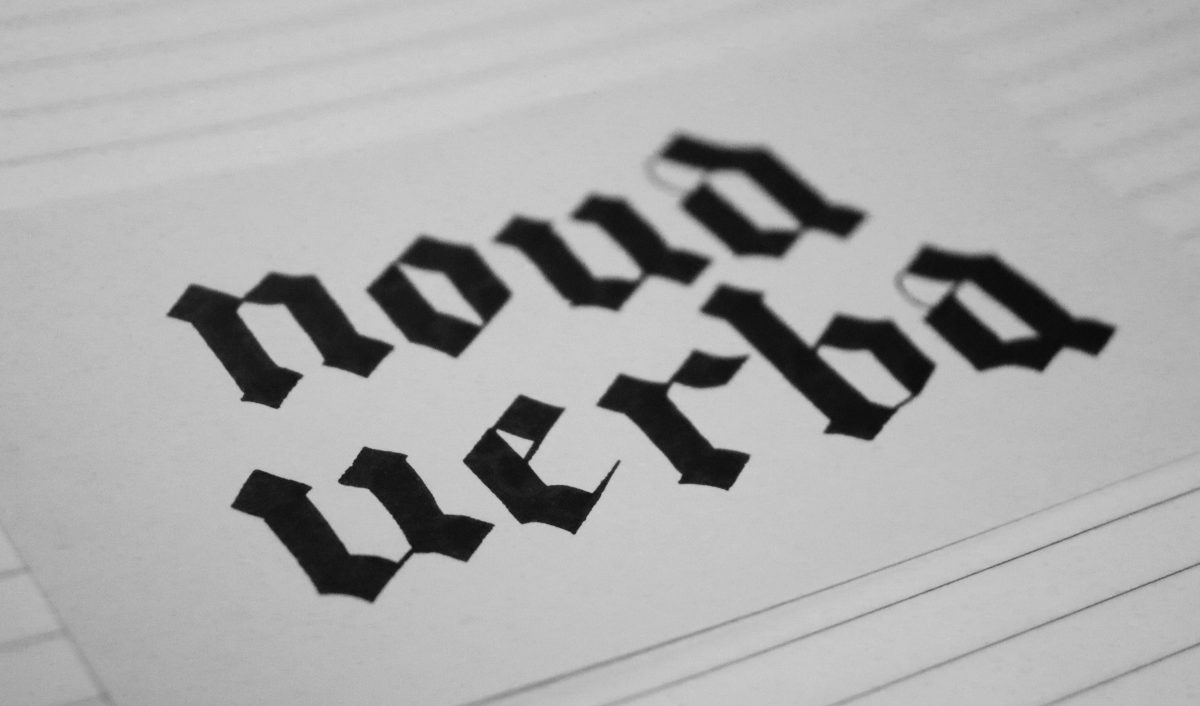In my reviews of Star Trek Picard, I’ve started using the term ‘dramatic dissonance’ to describe something that we’re seeing on-screen. This particular phenomenon or quality may already have a term to describe it – if it does, I don’t know what it is, so for now I’m going to use ‘dramatic dissonance’ (to mimic the phrase ‘dramatic irony’). And while I’ve started using this term in my Star Trek Picard reviews, it’s something I’ve seen in lots of other shows too – like Star Trek Discovery and recent Doctor Who – so I thought I’d write a blog post about it in order to define it more clearly.
Dramatic dissonance is when the reactions of the characters to each other, or to the events of the story, are different to the audience’s reaction to the characters or to the events of the story.
Here’s an example of this: one character says something, and several other characters around them consider it a very awkward thing to say, or a faux pas, but the audience doesn’t think that it’s an awkward thing to say.
Here’s another: one character does something (it could be anything), and all of the characters around them think that this character is a genius for doing it, but the audience isn’t impressed by it at all.
This second example is one we’ve seen a lot in both Star Trek Picard and Star Trek Discovery – in fact this second example is often a way of determining whether a character is a Mary Sue. (Other characters will just think that they’re brilliant no matter what they do.)
Dramatic dissonance is a bad quality for a show to have. It is, by its very definition, unrealistic, and if a show has it, the audience will sense something is amiss, even if they can’t quite put it into words. The audience can sense it because things in the show don’t seem to make sense.
I’m not sure I could exactly say what the origins of dramatic dissonance in a show actually are, but I don’t think it’s an acting problem – I think it comes from the writing. It may come from writers thinking too much about ‘How do I want this character to react?’ rather than ‘How would they react?’.
